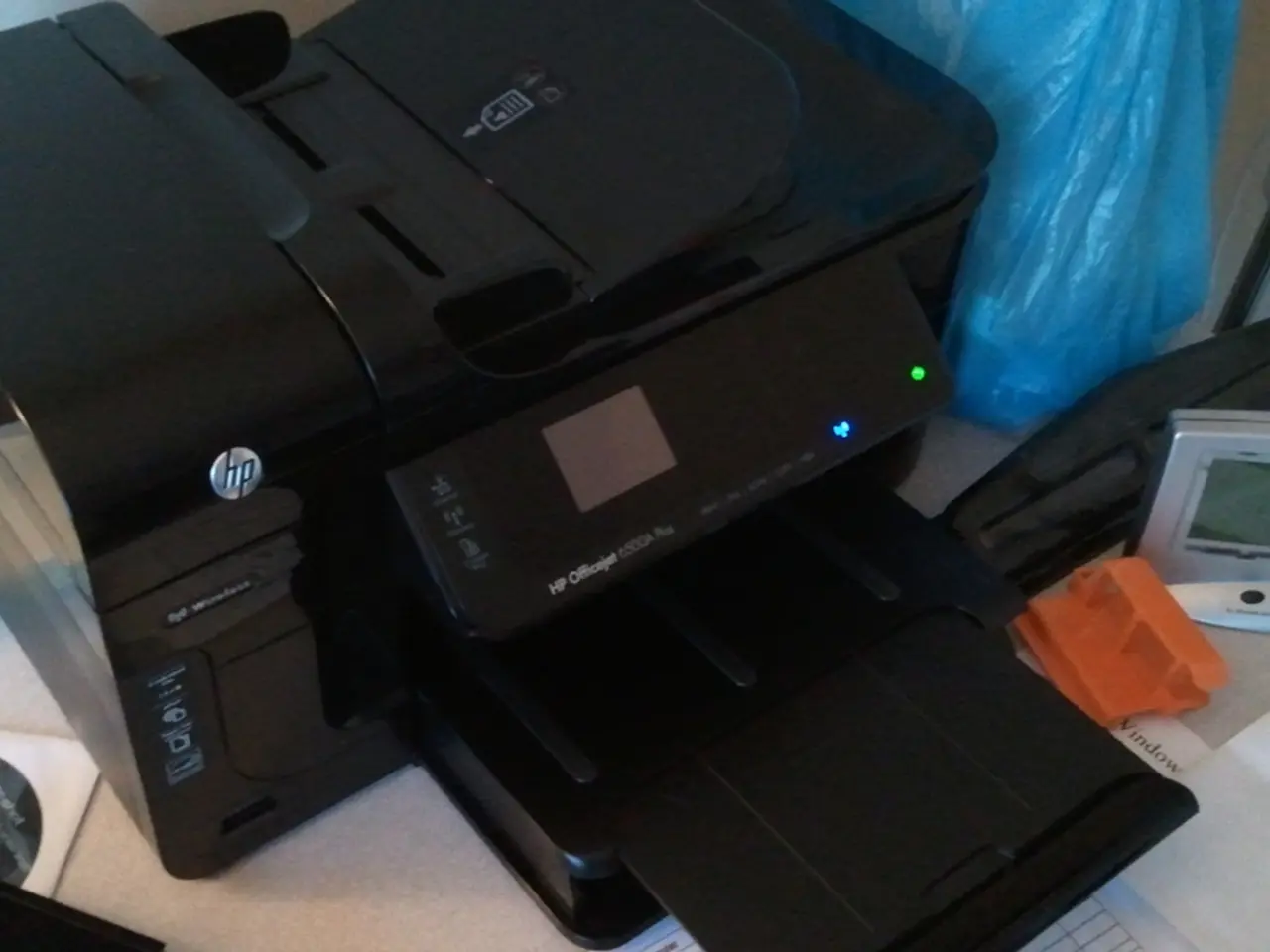Workplace Concentration Challenges: 5 Strategies for Enhanced Focus
In today's digital age, managing information overload at work can be a challenging task. To help professionals navigate this issue, the Federal Institute for Occupational Safety and Health (BAuA) has offered some practical tips.
Firstly, BAuA emphasizes the importance of mental health, physical activity, and appreciative communication within teams. Regular workshops on resilience, mindfulness, and stress management can help employees cope with the overwhelming information and workload pressures. Encouraging movement breaks and creating ergonomically supportive environments also contribute to well-being and team cohesion.
Another key aspect is effective time management. Professionals should structure their working time, prioritize tasks, and plan time slots for undisturbed work. Limiting availability times and coordinating with customers, if necessary, can also be beneficial.
Consciously choosing digital tools for specific purposes can help restrict the flow of information. Unnecessary notifications should be disabled, distribution lists unsubscribed from, electronic mailboxes cleaned up, outdated information deleted, and out-of-office assistants used.
Professionals should weigh whether the information they transmit is necessary for others. Clear expectations for recipients can increase the quality of the information in response. Synchronous forms of communication like meetings or phone calls may be more goal-oriented than emails. Ignoring further information flow during dedicated time slots can help maintain concentration.
For those who work from home, paying particular attention to turning off work devices during breaks and after work is crucial. Completely refraining from using a company phone or business messenger apps on a private smartphone can also be helpful.
Professionals should also limit their availability by drawing clear boundaries between work and leisure time. Those who repeatedly receive unnecessary or superfluous information should communicate this openly to the sender.
Lastly, critically questioning one's own handling of information is essential. By following these tips, professionals can effectively manage digital information overload and maintain a healthier work-life balance.
Read also:
- Understanding Prediabetes: A Precursory Condition to Diabetes
- City Transition to Pedestrian-Friendly Environment Increases Daily Steps by Over 1,000: Research Findings
- Aerial attacks by Israel result in the death of 11 individuals in Gaza, occurring concurrently with Hamas leader's trip to Cairo.
- Expanding Human Milk Fortifier Industry Predicted to Reach USD 9.9 Billion by 2034




